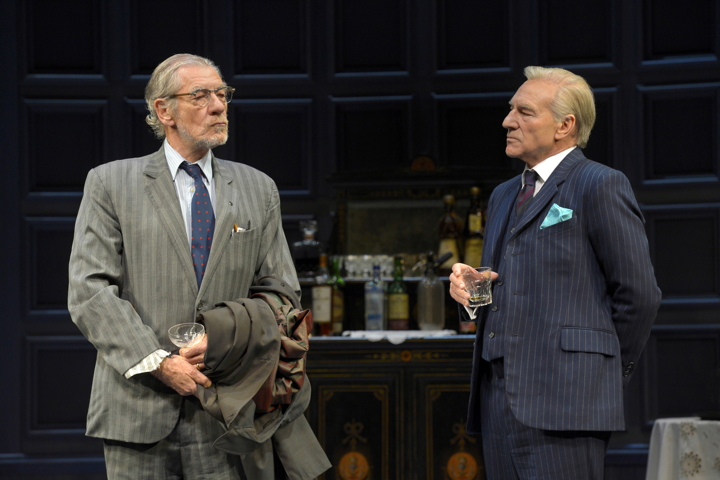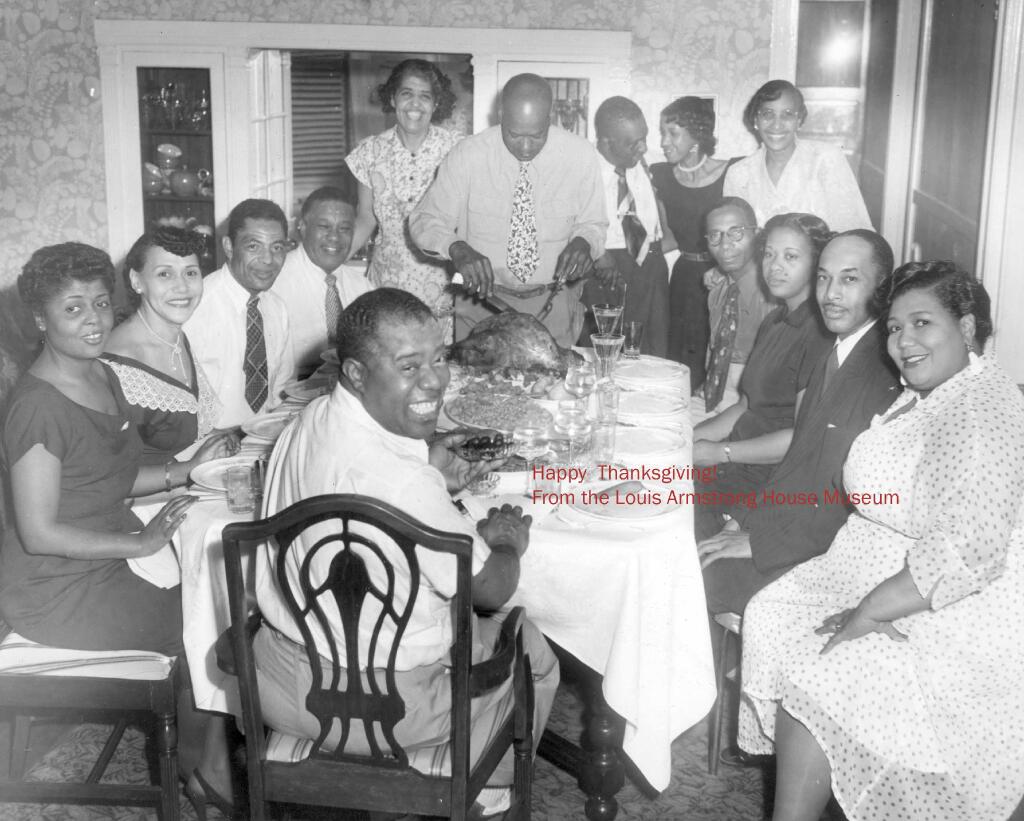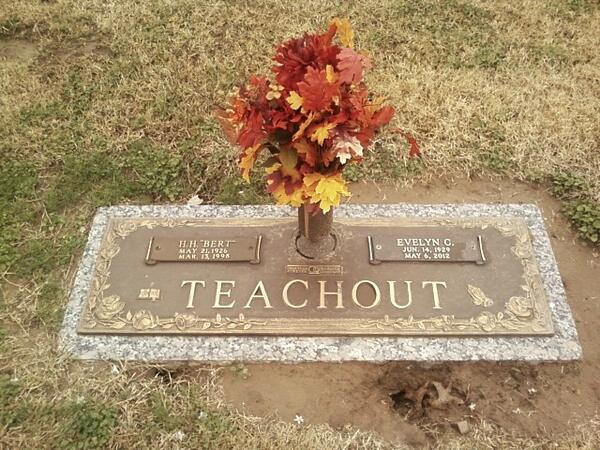In today’s Wall Street Journal I review the Broadway repertory runs of No Man’s Land and Waiting for Godot, plus the premiere of Amanda Peet’s first play, The Commons of Pensacola. Here’s an excerpt.
* * *
How do you market highbrow theater? Cast British actors, then turn your show into an event. That’s how the Ian McKellen-Patrick Stewart production of “Waiting for Godot,” first seen on London’s West End in 2009, made it to Broadway just four years after Nathan Lane, Bill Irwin, John Goodwin and John Glover appeared there in a splendid staging of Samuel Beckett’s recherché masterpiece. Mounted on its own at so brief an interval, “Godot” might have been a tough sell, but Messrs. McKellen and Stewart and their producers figured out how to sweeten the pill: They’re presenting “Godot” in repertory with Harold Pinter’s even less penetrable “No Man’s Land.” The result? Sold-out houses every night. Snob appeal and artistic seriousness, however, are by no means incompatible, and while neither show is perfect, both are very much worth seeing.
 Indeed, “No Man’s Land,” which was last seen on Broadway in 1994, is a once-in-a-lifetime experience, a revival so creatively acted and sensitively staged by Sean Mathias that you’ll be mulling it over for days after you depart the theater….
Indeed, “No Man’s Land,” which was last seen on Broadway in 1994, is a once-in-a-lifetime experience, a revival so creatively acted and sensitively staged by Sean Mathias that you’ll be mulling it over for days after you depart the theater….
The first act of “Waiting for Godot,” by contrast, is almost entirely unsatisfactory, and the reason why is plain to see. “Godot” is a black comedy about the meaninglessness of life, one whose dramatic rhetoric owes as much to baggy-pants slapstick as it does to existentialism, and it works best when done by comic actors like Mr. Lane (or Bert Lahr, who played the same role in the 1956 Broadway premiere). Neither Mr. McKellen nor Mr. Stewart fills that bill–they come off as Great Actors playing the parts of Great Comedians…
Amanda Peet, a smart, witty actor who found out that it’s hard for a woman to land decent roles in Hollywood once she turns 40, decided to buck the odds by branching out and writing a play. Instead of starring in it, though, she talked Sarah Jessica Parker into taking over the role she’d written for herself. The result is “The Commons of Pensacola,” in which Ms. Parker plays the fortysomething daughter of a woman (Blythe Danner) with a secret that is both embarrassing and illegal. Like Zoe Kazan, another first-class actor who writes plays on the side, Ms. Peet has a sharp ear for the way real people talk, and except for the last scene, which feels tacked on, “The Commons of Pensacola” is a very soundly made piece of theatrical goods….
* * *
Read the whole thing here.
A 1978 telecast of the original production of Harold Pinter’s No Man’s Land, starring John Gielgud and Ralph Richardson and directed by Peter Hall:
Archives for November 2013
TT: Almanac
“Theater is essentially poetry. Film is essentially documentary, passively recording whatever data flow in front the camera. Is the enemy naturalism, which says if it looks authentic then it is authentic? For me, the very essence of theater is to reveal to the audience the invisible forces that shape and color and carbonate our lives. Write that on the blackboard a thousand times.”
John Guare, preface to Landscape of the Body
TT: Happy Thanksgiving from Satchmo

TT: The horse knows the way
When I pulled out of Kansas City last Thursday morning, I set my GPS–but I didn’t need it. I could have driven from downtown Kansas City to Smalltown, U.S.A., in my sleep. To be sure, many years have gone by since I last made that long drive, but no part of it has faded from my memory, and by the time I pulled into 713 Hickory Drive seven hours later, I was sure once again that it never will.
 I wrapped up my book tour for Duke: A Life of Duke Ellington with a pair of far-removed appearances, the first at the Kansas City Public Library and the second at the Miami International Book Fair. In between I had two free nights, and I decided to spend them visiting my brother and sister-in-law in Smalltown. I haven’t been back there since my mother’s funeral, and in the ensuing year and a half David and Kathy moved into her old house–the place where my brother and I grew up–and remodeled it. They did so, as I’ve said before in this space, with my blessing, for it meant as much to me as it did to them that 713 Hickory should not only stay in the family but remain alive and vital.
I wrapped up my book tour for Duke: A Life of Duke Ellington with a pair of far-removed appearances, the first at the Kansas City Public Library and the second at the Miami International Book Fair. In between I had two free nights, and I decided to spend them visiting my brother and sister-in-law in Smalltown. I haven’t been back there since my mother’s funeral, and in the ensuing year and a half David and Kathy moved into her old house–the place where my brother and I grew up–and remodeled it. They did so, as I’ve said before in this space, with my blessing, for it meant as much to me as it did to them that 713 Hickory should not only stay in the family but remain alive and vital.
Kathy regularly sent me snapshots of the remodeling process, and I felt very much a part of what they were doing. Still, I couldn’t help but wonder how it would feel to see the newly transformed house for the first time. Would it seem strange? Would it sting?
I was momentarily startled when I pulled into the driveway and saw that what had once been a carport was now an enclosed garage. For a half-century I’d entered the house not through the front door but through the carport, which led directly to the kitchen. Now it was closed off, and I had no idea what to do. I walked up to the front door and did something I’ve never done in my whole life: I rang the doorbell. Kathy appeared within seconds.
“Is this the entryway now, madame?” I said with mock grandeur.
“I forgot you wouldn’t know how to get in!” she said, laughing. “No, we still come in the back way. There’s a keypad by the garage door–I’ll show you how it works.” And so she did, and from that moment on I knew where I was.
 Yes, everything looks different at 713 Hickory now–but nothing has changed, not really. Even my mother still seems present, even though she now rests next to my father in the Garden of Memories Cemetery. Of all the things I said to David and Kathy that weekend, the phrase I repeated most often was She’d love this, you know. She would have, too, not because she wasn’t perfectly happy with the house the way it was–she loved it with all her heart–but because she would have been even happier to know that her two sons cared enough about 713 Hickory to want to keep it in the family.
Yes, everything looks different at 713 Hickory now–but nothing has changed, not really. Even my mother still seems present, even though she now rests next to my father in the Garden of Memories Cemetery. Of all the things I said to David and Kathy that weekend, the phrase I repeated most often was She’d love this, you know. She would have, too, not because she wasn’t perfectly happy with the house the way it was–she loved it with all her heart–but because she would have been even happier to know that her two sons cared enough about 713 Hickory to want to keep it in the family.
When you have only a day and a half to catch up with two people whom you love, you don’t spend much time going anywhere or doing anything out of the ordinary. We dined in on Thursday (Kathy cooked a roast) and went out on Friday (we checked out Smalltown’s brand-new steakhouse). We went to Jay’s, an old family hangout, for biscuits and gravy on Saturday morning. Kathy drove me around town to visit my parents’ grave and see the sights. Otherwise…well, we mostly just sat and talked.
James Agee captured the feel of our conversation in a prose poem about his childhood called “Knoxville: Summer of 1915”:
On the rough wet grass of the back yard my father and mother have spread quilts. We all lie there, my mother, my father, my uncle, my aunt, and I too am lying there. First we were sitting up, then one of us lay down, and then we all lay down, on our stomachs, or on our sides, or on our backs, and they have kept on talking. They are not talking much, and the talk is quiet, of nothing in particular, of nothing at all in particular, of nothing at all. The stars are wide and alive, they seem each like a smile of great sweetness, and they seem very near.
So, too, did my mother and father last weekend.
 After I cleaned my plate at Jay’s, I headed up Highway 61 to the St. Louis airport. A few hours later I was ordering room service in a Miami hotel, and the following night I was back home in Connecticut with Mrs. T. On Tuesday morning I drove up to Lenox, Massachusetts, there to take part in the first reading of my second play, Breaking and Entering, which is set in a semi-imaginary town called Apple Creek that is not at all unlike Smalltown, U.S.A.
After I cleaned my plate at Jay’s, I headed up Highway 61 to the St. Louis airport. A few hours later I was ordering room service in a Miami hotel, and the following night I was back home in Connecticut with Mrs. T. On Tuesday morning I drove up to Lenox, Massachusetts, there to take part in the first reading of my second play, Breaking and Entering, which is set in a semi-imaginary town called Apple Creek that is not at all unlike Smalltown, U.S.A.
No matter how far I travel, I never seem to get very far away from Smalltown. Or from 713 Hickory Drive.
* * *
Samuel Barber’s Knoxville: Summer of 1915, a musical setting of James Agee’s prose poem, performed by Dawn Upshaw, David Zinman, and the Orchestra of St. Luke’s:
TT: So you want to see a show?
Here’s my list of recommended Broadway, off-Broadway, and out-of-town shows, updated weekly. In all cases, I gave these shows favorable reviews (if sometimes qualifiedly so) in The Wall Street Journal when they opened. For more information, click on the title.
BROADWAY:
• Annie (musical, G, closing Jan. 5, reviewed here)
• A Gentleman’s Guide to Love & Murder (musical, PG-13, reviewed here)
• Macbeth (Shakespeare, PG-13, closes Jan. 12, reviewed here)
• Matilda (musical, G, reviewed here)
• Once (musical, G/PG-13, reviewed here)
• Twelfth Night (Shakespeare, G/PG-13, closes Feb. 1, all performances sold out last week, reviewed here)
OFF BROADWAY:
• Avenue Q (musical, R, adult subject matter and one show-stopping scene of puppet-on-puppet sex, reviewed here)
• The Fantasticks (musical, G, suitable for children capable of enjoying a love story, reviewed here)
• Fun Home (musical, PG-13, unsuitable for children, closes Dec. 29, reviewed here)
• Hamlet/Saint Joan (drama, G/PG-13, remounting of off-Broadway production, performed in rotating repertory, closes Feb. 2, original production reviewed here)
• Juno and the Paycock (drama, G/PG-13, far too dark for children, newly extended through Jan. 26, reviewed here)
IN SARASOTA, FLA.:
• Show Boat (musical, G, remounting of Goodspeed Musicals production, suitable for bright children, closes Dec. 29, original production reviewed here)
CLOSING NEXT WEEK OFF BROADWAY:
• Good Person of Szechwan (play, PG-13, closes Dec. 8, reviewed here)
CLOSING SUNDAY ON BROADWAY:
• The Winslow Boy (drama, G, too complicated for children, reviewed here)
TT: Almanac
“The imagination says listen to me. I am your darkest voice. I am your 4 a.m. voice. I am the voice that wakes you up and says this is what I’m afraid of. Do not listen to me at your peril.”
John Guare, Six Degrees of Separation
TT: Snapshot
Fritz Reiner leads the Chicago Symphony in a 1961 telecast of an excerpt from Beethoven’s Seventh Symphony:
(This is the latest in a series of arts-related videos that appear in this space each Monday and Wednesday.)
TT: Almanac
“The most valuable thing I have learnt from life is to regret nothing. Life is short, nature is hostile, and man is ridiculous; but oddly enough most misfortunes have their compensations, and with a certain humour and a good deal of horse-sense one can make a fairly good job of what is after all a matter of very small consequence.”
W. Somerset Maugham, The Narrow Corner
